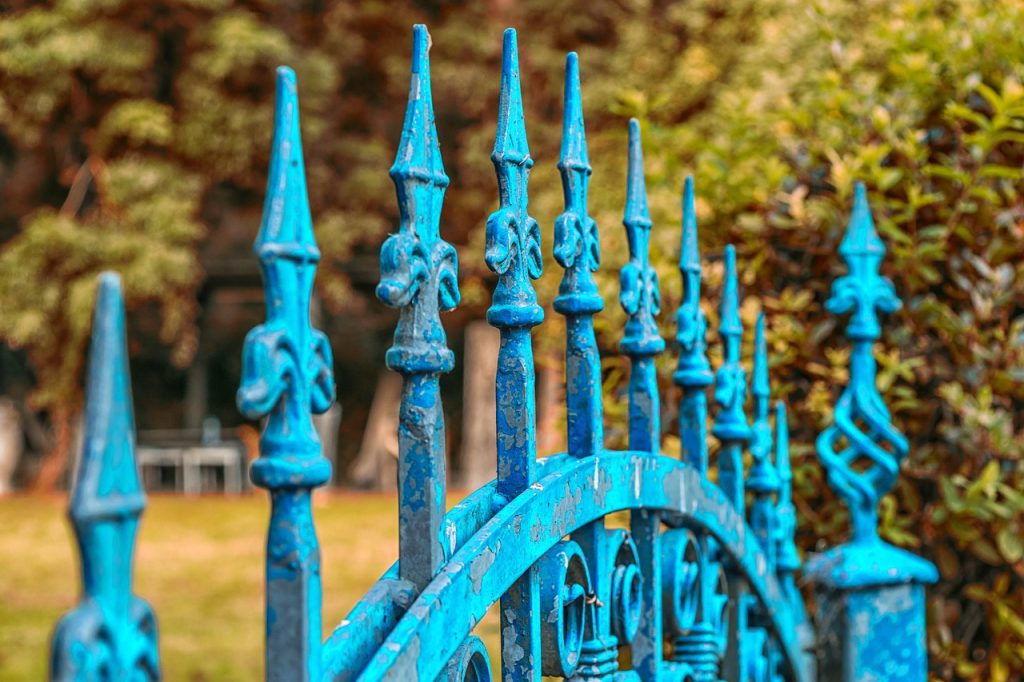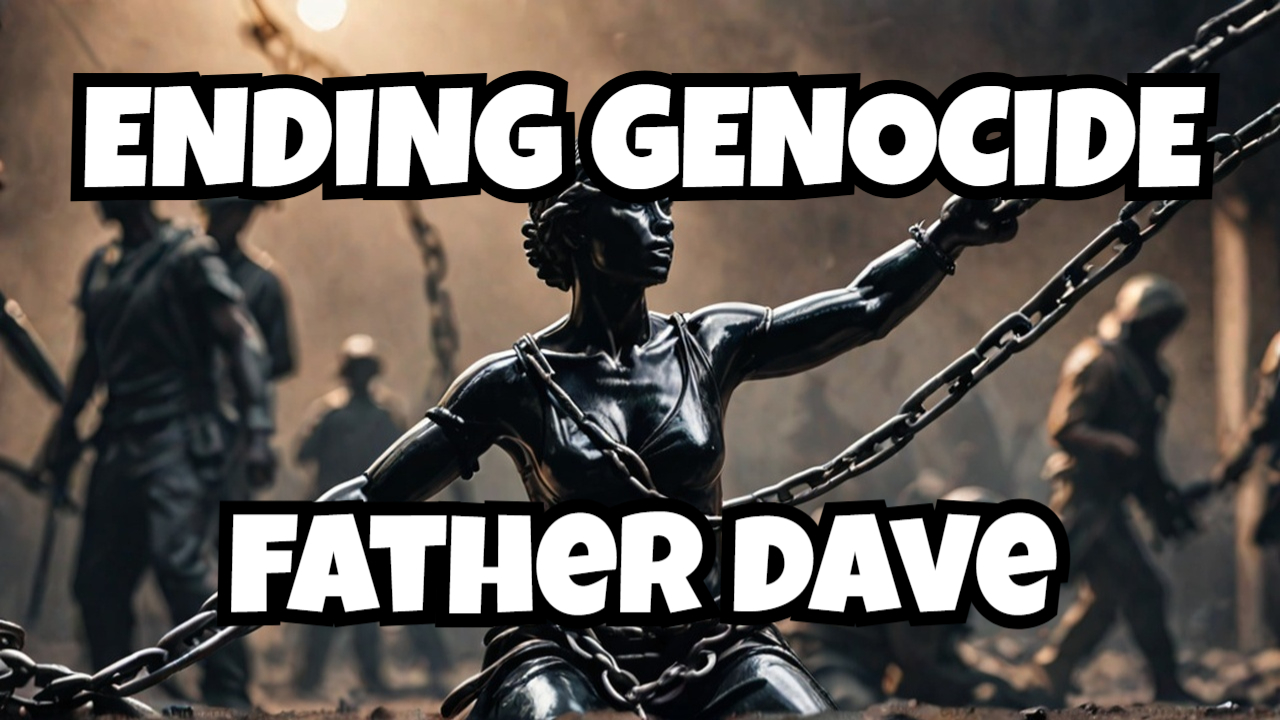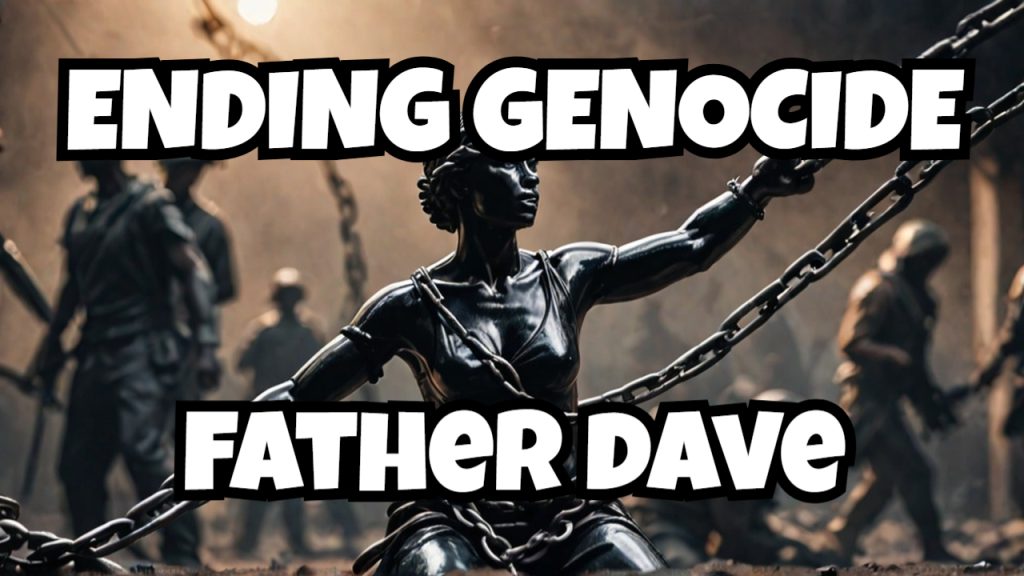Blocking thousands of Palestinians from reaching the northern West Bank (Muhammad Ateeq/MEE)By Fayha Shalash in Ramallah, occupied PalestinePublished date: 10 January 2024 14:49 GMT | Last update: 13 hours “The gate is closed.” This phrase is repeated several times a day among Palestinians in the occupied West Bank, describing their lives under the ongoing Israeli closure of their towns and villages.
Israel has been increasingly installing iron gates at the entrances to Palestinian villages and towns in the West Bank to prevent the movement of residents.
Israel started placing gates at the entrances of towns and villages during the Second Intifada in 2000, but it has doubled down on the practice, seen by Palestinians as collective punishment, especially since 7 October.
After the current war on Gaza started, Palestinians have recorded a huge jump in the number of these gates, with 28 installed in just one day at the entrances to villages close to the city of Ramallah.
The gates enable Israeli soldiers to control their opening and closing according to “security standards”, as the military describes it.
Closing the gate may last for many days or even months, severely constricting the movement of Palestinians and forcing them to use alternative, bumpy dirt roads, resulting in hours of driving to arrive at their destinations.
‘For humilation’
Mohammed Rajab, 30, a taxi driver, told Middle East Eye that a week ago, the Israeli army installed two iron gates at the entrance to Birzeit town, north of Ramallah.
These gates restrict the movement of Palestinians from the northern West Bank into the city of Ramallah, the centre of Palestinian government institutions, ministries, and public functions.
War on Gaza: The West will stand in the dock alongside Israel at the genocide court
According to Rajab, closing the gates means blocking tens of thousands of citizens from moving freely and reaching their work and schools.
“We are forced to wait every day for no less than five hours before the gates are opened, and if they open them, the soldiers set up a military checkpoint and obstruct the movement of vehicles. We tried to cross through other ways, but to no avail,” he added.
These gates exist “for humiliation”, Rajab said, as there is no security reason to close them and punish tens of thousands of people.
On Sunday, the Israeli army closed the iron gates to Birzeit under the pretext of a shooting north of Ramallah. Hours later, it announced that it had arrested the perpetrators, but still kept the gates closed.
According to a report by the Applied Research Institute – Jerusalem (Arij), the number of military checkpoints of various types and forms installed by Israel in the West Bank had reached 567 until 6 October, including 77 main checkpoints, and 490 checkpoints that consist of dirt barriers, cement blocks, and iron gates.
The report explains that, since 7 October, the Israeli army has added more than 140 new checkpoints and obstacles, aiming to isolate the entrances to Palestinian cities, villages and towns, prevent communication between them, restrict the movement of Palestinians, and prevent them from using bypass roads that have become for the use of settlers only.
‘Not for humans’
Mohammed Shawabkeh, a 20-year-old student at the Polytechnic University in Hebron, lives in al-Fawwar camp, south of the city.
With the start of the Israeli war on the Gaza Strip, the Israeli army closed the iron gate at the entrance to the camp, preventing citizens from crossing it for three months.
Shawabkeh has since been forced to take a narrow agricultural road on foot to reach the neighbouring town of Dura and from there to the city of Hebron, taking him hours to reach the university instead of the usual 30 minutes.
‘The road isn’t suitable for humans, and in winter the situation gets worse as it becomes muddy and not even convenient for walking’
- Mohammed Shawabkeh, university student
“The road isn’t suitable for humans, and in winter the situation gets worse as it becomes muddy and not even convenient for walking,” he said.
The Israeli army opened fire several times during these three months at Palestinians who tried to cross this gate on foot, and the soldiers had painted directions on the street to force residents to use the bumpy road.
Field researcher at the Land Research Centre, Raed Muqadi, told Middle East Eye that the total number of newly erected iron gates in the northern and central West Bank reached 22 after 7 October.
The total number of barriers and dirt piles placed by the Israeli army between various roads reached 74.
“Israeli checkpoints have increased, further impeding the movement of Palestinians. Most of them are located at the entrances to various villages and towns and separate the main roads between Palestinian rural communities,” he said.
For example, the Israeli army has erected semi-permanent barriers at all the entrances to Jericho since 7 October, completely isolating the city. The movement of Palestinians to and from Jericho has since been severely obstructed, with disastrous consequences for its residents and greatly affecting its economy.
Death of patients
Another form of closure is the dirt barriers with which Israeli bulldozers close Palestinian streets on orders from the Israeli army, which means that they remain closed until further notice.
The army has recently closed the entrances of many Jenin and Nablus villages and towns with dirt barriers to cut off connections between them.
Amjad Atatreh, mayor of Yabad municipality, south of Jenin, said that all the city’s entrances have been closed since 7 October.
The closure cuts off communication between Yabad and neighbouring villages and even between some of its internal neighbourhoods.
Israeli army close the iron gate at the entrance to Bartaa village west of Jenin (Muhammad Ateeq/MEE)
The Israeli army closes the iron gate at the entrance to Bartaa village west of Jenin (Muhammad Ateeq/MEE)
The Dotan checkpoint, located at one of the entrances to the town, has been closed since 7 October, and citizens are prevented from passing without prior coordination and with great difficulty.
“There is a paralysis of public economic and social life in the town due to these barriers and closures. There are also 20,000 dunums of agricultural land that owners cannot access, not even during the olive harvest season,” Atatreh said.
‘The neighbourhood has now become completely isolated from the town, without services, medical centres, or even access to schools’
- Amjad Atatreh, mayor of Yabad
The Israeli army has placed piles of dirt at the entrance of Yabad’s Muriha neighbourhood, cutting off its natural extension with the town, and completely isolating its 700 residents.
According to Atatreh, the closure of the neighbourhood has obstructed the transport of sick residents to hospitals, leading in some cases to death.
In addition, Israeli bulldozers have sabotaged and uprooted water pipes while placing the dirt barriers at the entrance of the Mariha neighborhood, increasing the suffering of its residents.
“The neighbourhood has now become completely isolated from the town, without services, medical centres, or even access to schools,” Atatreh said.
“Its residents are forced to walk on foot and climb dirt barriers. However, there are patients who can only be transmitted via vehicles and paved roads, and this endangers their lives, unfortunately.”








